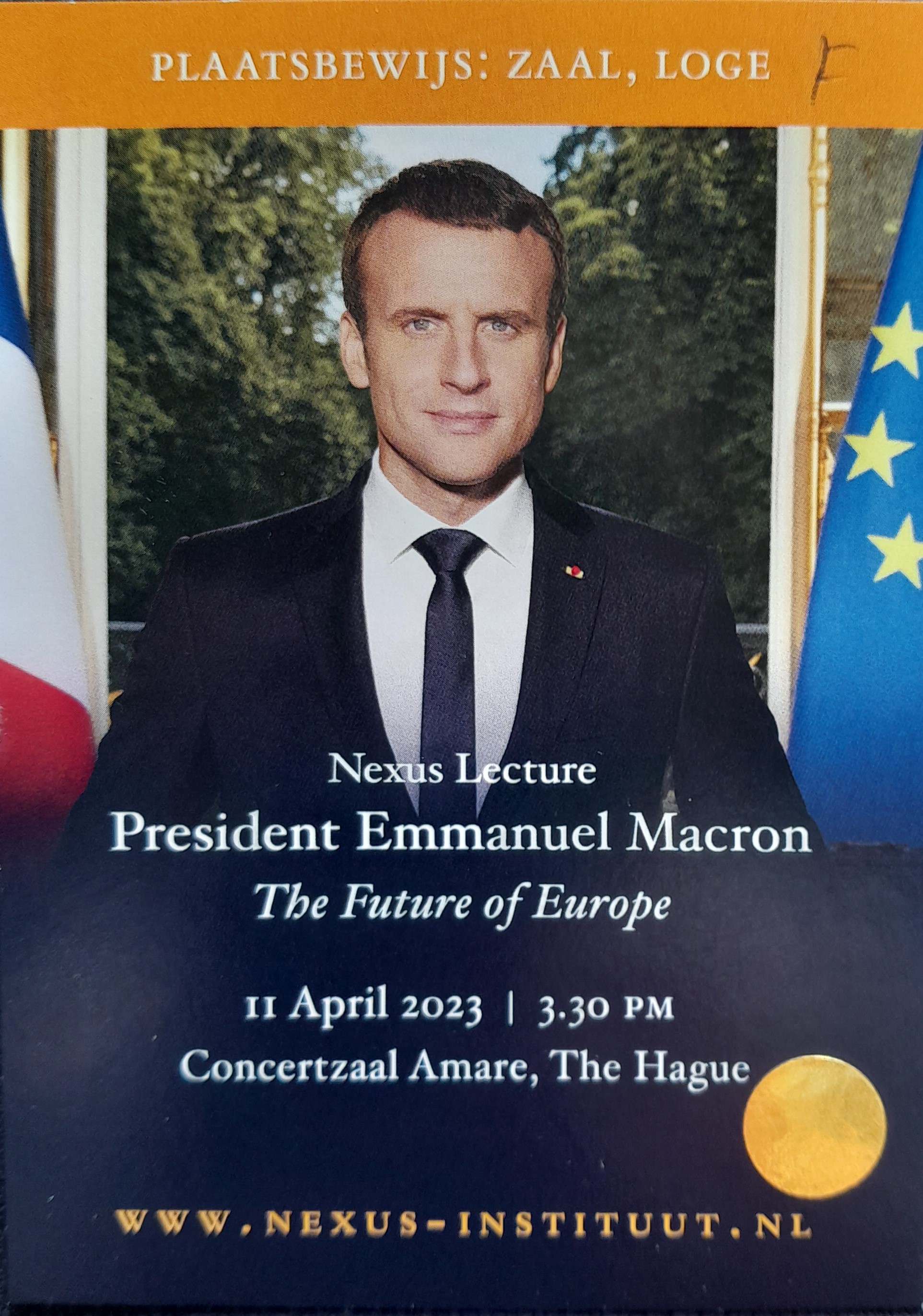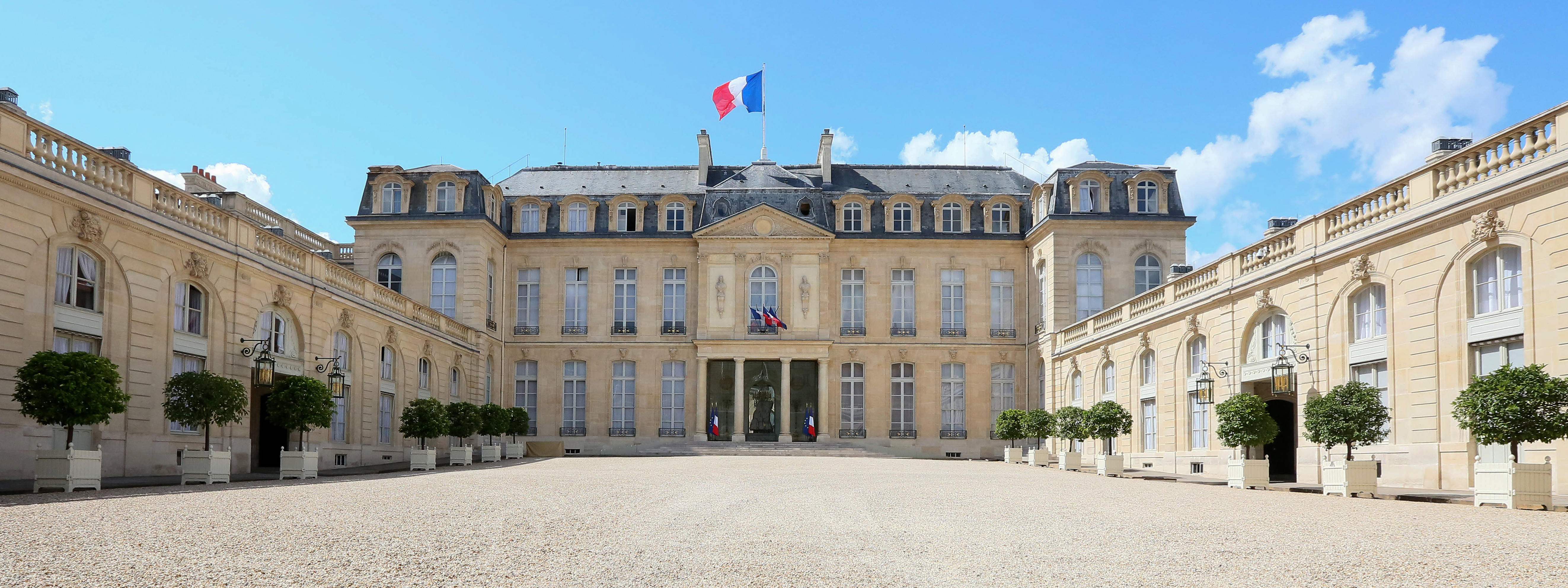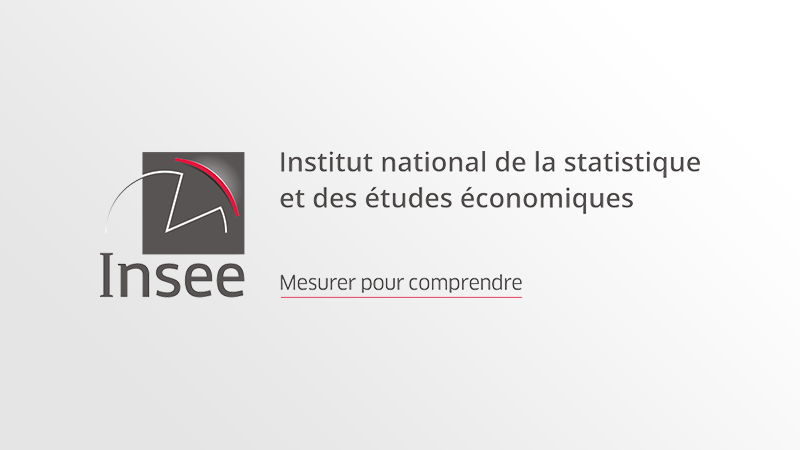Paris, 4 November 2020
The Minister for Europe and Foreign Affairs and the Minister of State for European Affairs, attached to the Minister for Europe and Foreign Affairs, made a statement on the French presidency of the Council of the European Union. France will hold the Council of the European Union presidency from 1 January to 30 June 2022. Following the Portuguese and then Slovene presidencies in 2021, France will begin the presidency trio it forms with the Czech Republic and Sweden. For France, a founding member of the European Union, this will be its 13th presidency of the Council but its first since the Lisbon Treaty came into force on 1 December 2009.
As for every European Union Member State that holds it, this will be a very important responsibility for France:
firstly, an institutional responsibility: vis-à-vis the other Member States, because the presidency is there to promote the Council’s stances and defend its interests, and vis-à-vis the other major players in the life of the European Union, namely the European Parliament and the European Commission, with which the acting presidency is in constant liaison, particularly for its legislative work;
|
|
a political responsibility too, because a presidency is tasked with furthering the issues on the agenda and making progress on the European strategic agenda decided by the European Council, which is manifested in particular in the European Commission’s annual work programme.
The French presidency will come at a unique time given the European and international situation, which calls for increasingly resolute and effective action by Europeans: crises in our immediate neighbourhood, a crisis of multilateralism, the climate crisis etc. This new scenario will have to be fully taken into account.
In this context, France intends to grasp fully this essential opportunity to help move Europe forward. Indeed, at a time when the number of global challenges (in the areas of health, the environment, democracy, security etc.) is constantly on the rise, it is essential to continue demonstrating the relevance of [action at] the European level and restore confidence in Europe’s ability to protect society’s choices in the long term and carry weight in the world. An aspiration exists today which we must meet: for a more united, more sovereign Europe; a Europe that asserts itself as a public area of shared cultures, where an identity develops that is rich in diversity but based on common principles and values; a Europe that exploits the full potential of the economic recovery and of the ecological and digital transition.
The French presidency of the Council could therefore be built according to the key words “recovery, power, belonging”. |
|
On this basis, the French presidency will organize its activity around two priorities:
firstly, the legislative work which it is hoped will be completed in 2022, in accordance with France’s political objectives, for example regarding digital sector regulation and climate and social ambition;
and secondly, projects launched to build tomorrow’s Europe, through the Conference on the Future of Europe, whose work will be concluded in the first half of 2022. The conference should enable Europeans to be offered a societal project for the coming generation.
The challenge is to identify what model we intend to build and what shared vision we want to develop. We shall have to ask ourselves what it means to be European and tackle issues of identity and culture. Throughout 2021, a national segment of the conference will put citizens at the heart of the proceedings. In this regard, the Ministry for Relations with Parliament and Citizen Participation will have a leading role to play.
To carry out the presidency effectively, it is essential to prepare well for it now and organize it clearly and meticulously. To this end, a secretariat for France’s presidency of the Council of the European Union has been created in Paris, under the Prime Minister’s authority; it will oversee logistical coordination, accredit events organized in France by civil society in the margins of the presidency, and be responsible for communication. |
|
The city of Strasbourg, European capital, will be central to events under the French presidency. In particular, it will be the setting for the conference’s most emblematic moments on the future of Europe.
Meanwhile, the work of setting out the French presidency’s programme has begun under the coordination of the General Secretariat for European Affairs, in close liaison with the Ministry for Europe and Foreign Affairs and other ministries. This work will be done with the Permanent Representation to the European Union, which will chair the Council preparatory bodies and conduct negotiations with the other institutions, especially the European Parliament.
Finally, a cultural committee will soon be set up, under the Minister of Culture and the Minister of State for European Affairs, attached to the Minister for Europe and Foreign Affairs; its remit will be to bring Europe to life throughout France from 2021 onwards, be it through live performances (theatres, festivals, concerts), artistic and literary creativity, broadcast output (partnerships with public service broadcasters) or debates, including on social media and the major platforms.
|




